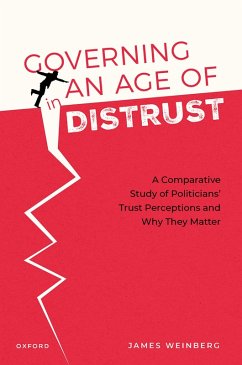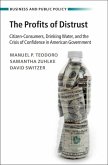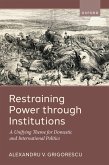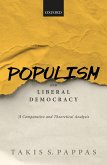Despite the existence of a large literature on themes relating to trust and distrust in politics, there has been no sustained research that directly engages with the primary objects of trust: politicians. This is an intriguing blind spot in political science that leaves us without any understanding of how politicians appraise a contemporary climate of extreme or generalised distrust or indeed how the existence of a low-trust/high-blame environment affects their decision-making and the quality of public governance. Governing in an Age of Distrust tackles this important gap head on by asking not only whether the public trusts in politicians, but also whether politicians accurately perceive and act upon the trust placed in them. In doing so, Weinberg draws on unique survey and interview data gathered from nationally and locally elected politicians in different countries that have faced a crisis of political trust in recent decades - principally the United Kingdom, Canada, and South Africa. The work identifies different types of 'political trustees' and subsequently analyses the relationship between perceptions of trust and a variety of outcomes such as politicians' blame avoidance behaviour and personal wellbeing. Taking a new and innovative approach to research on trust and elite political behaviour, the author tackles questions that are arguably of paramount importance if we are to understand when, why, and how politicians do or do not deliver on the promise of democracy.
Dieser Download kann aus rechtlichen Gründen nur mit Rechnungsadresse in A, B, BG, CY, CZ, D, DK, EW, E, FIN, F, GR, HR, H, IRL, I, LT, L, LR, M, NL, PL, P, R, S, SLO, SK ausgeliefert werden.









